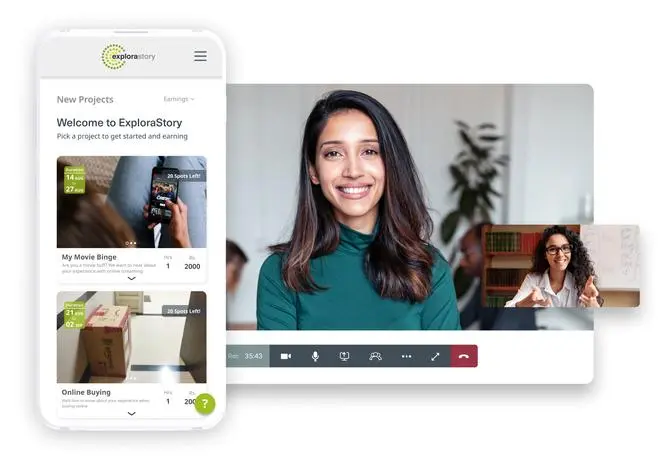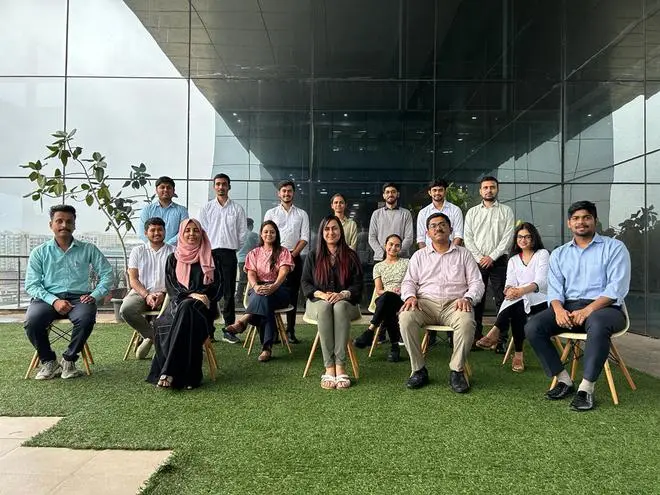The pandemic stalled many businesses. But it also pushed firms to explore other ways of operating. For Geetika and Jashish Kambli, managing partner and executive partner, respectively, at the design and innovation studio Future Factory, it also led to a brand new start-up.
Rewind to 2005, when Geetika, a computer engineer and MBA with some seven years of marketing experience in firms like Unilever, set up the centre for behavioural research at Future Factory. For 17 years, the centre provided insights to help global brands develop better products.
But the pandemic put the brakes on in-person research. To keep business going the centre developed a tool to interpret human behaviour remotely, in real time, using AI-enabled camera technology.
“We soon realised we were sitting on something big,” she says. In late-2022, Geetika and Jashish launched Humanify for brands looking to study consumer experiences in real time.
Their first product — Explorastory, a humanised tech-based research platform — was launched in May this year. “We have eight paying clients. We have closed our pre-series round (Godrej and Boyce invested an undisclosed amount) and are preparing for the series round,” Geetika says.
The platform is useful to both start-ups and corporates, she says, listing Godrej tea and Eureka Forbes among her clients. Go Desi, a packaged food start-up that makes popsicles with local flavours called Desi Popz, is using the platform to get feedback directly from customers.

Humanify’s remote research platform Explorastory helps businesses directly connect with users to help teams curate human-centred experiences
It would have needed two months to do a similar research the traditional way. “Now it was done in two weeks,” she says. Plus it’s cheaper.
Modus operandi
So how does the research product work?
Companies can track customer experiences live through their smart phones or web cam. “The deep-tech analyses unstructured conversations and provides a structured report instantaneously,” she explains.
It mimics human experience closely, she says. For a quantitative study, it can provide graphs; for a qualitative study, it can give anecdotal evidence; and for a sensory study provide neuroscience images.
What about privacy concerns? Respondents opt in, she says. Thousands of participants have registered on the Humanify app and are rewarded. “We have built the platform to meet regulations.”

The Humanify team
Most companies engage research firms in the late stage of product development, mostly for post-launch feedback; early-stage research, on the other hand, is expensive and time-consuming. This platform can do 15 interviews, including repeat questions, for a company during product creation, she says.
While consumer packaged goods companies spent the most on traditional market research, increasingly she finds interest from digital services companies, too — edutech, entertain-tech, and banking services, among others.
As for future challenges, she replies with a laugh, “We have got the tech right. But I say that with a disclaimer. Any company working with tech is always in a Beta mode.”
Also, the rest of the ecosystem must be readied to support it.











Comments
Comments have to be in English, and in full sentences. They cannot be abusive or personal. Please abide by our community guidelines for posting your comments.
We have migrated to a new commenting platform. If you are already a registered user of TheHindu Businessline and logged in, you may continue to engage with our articles. If you do not have an account please register and login to post comments. Users can access their older comments by logging into their accounts on Vuukle.